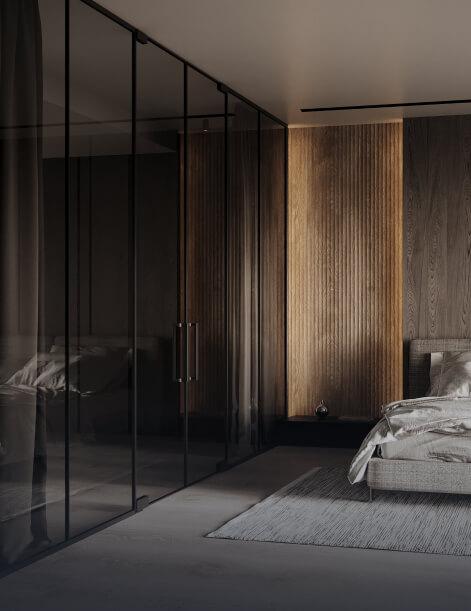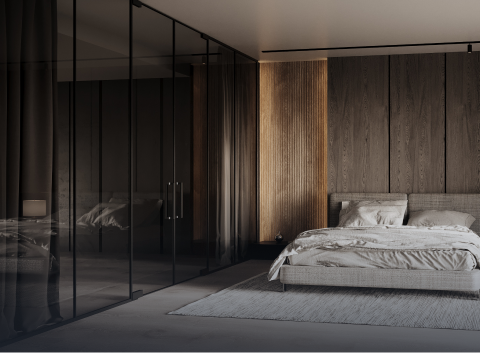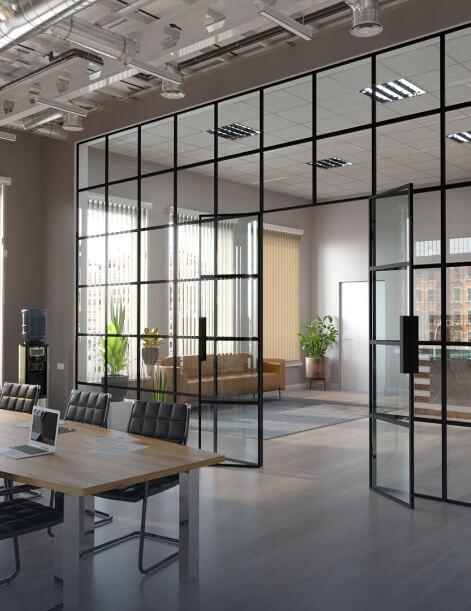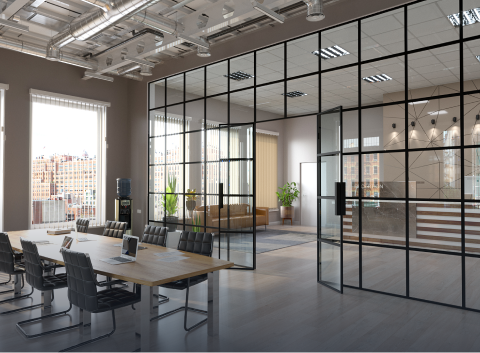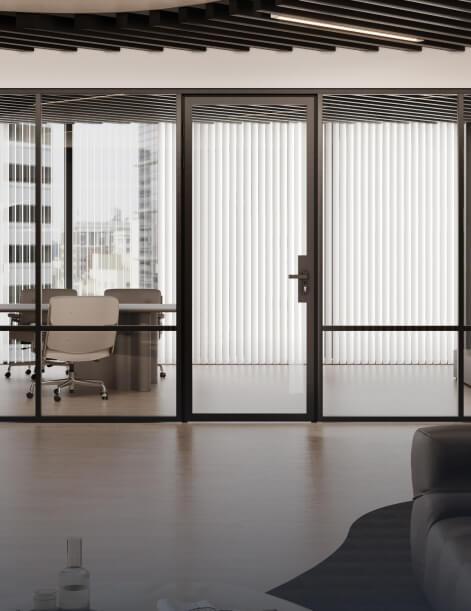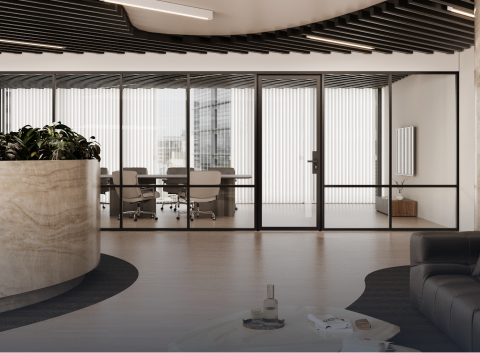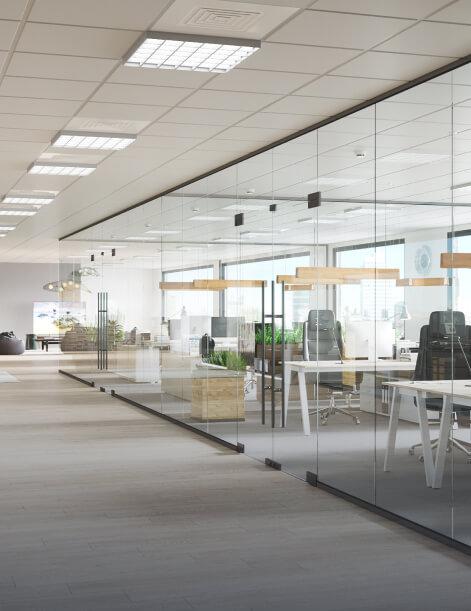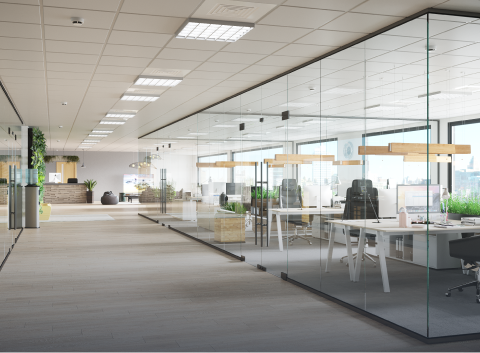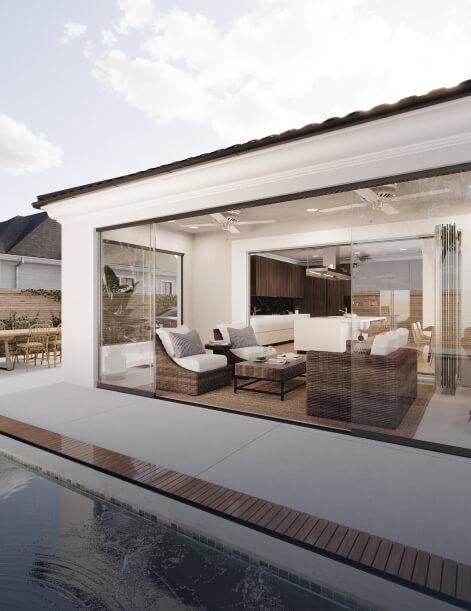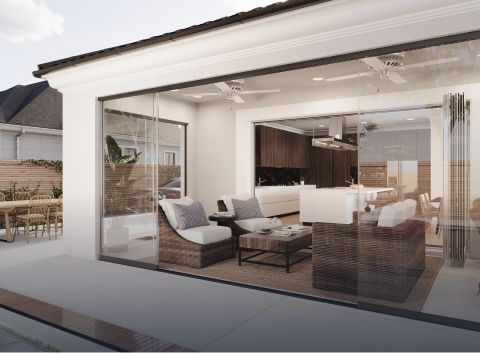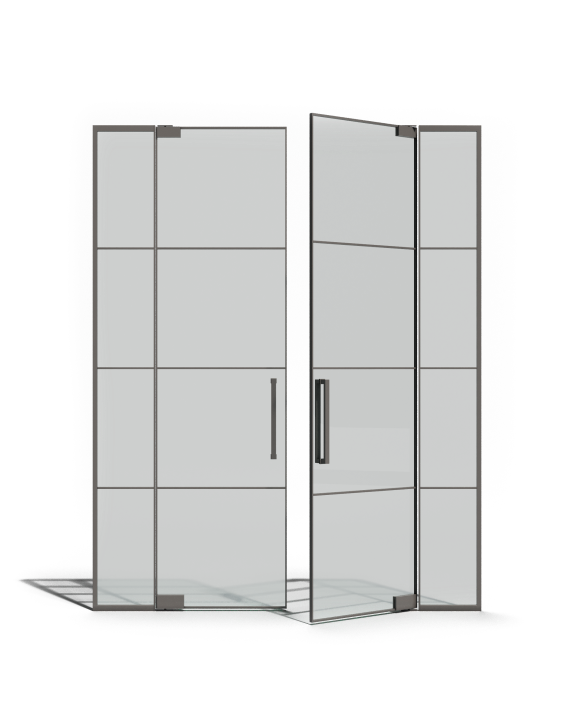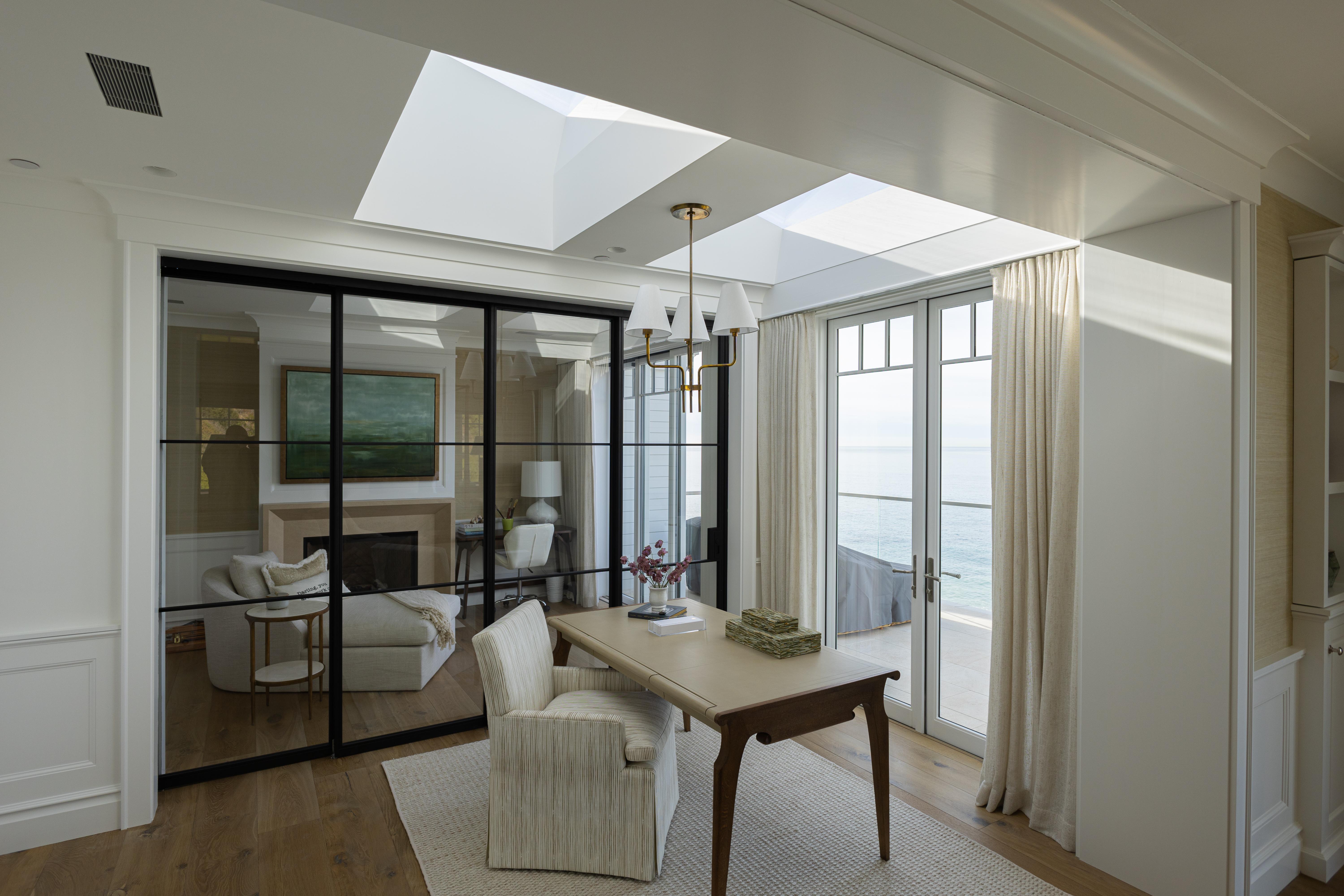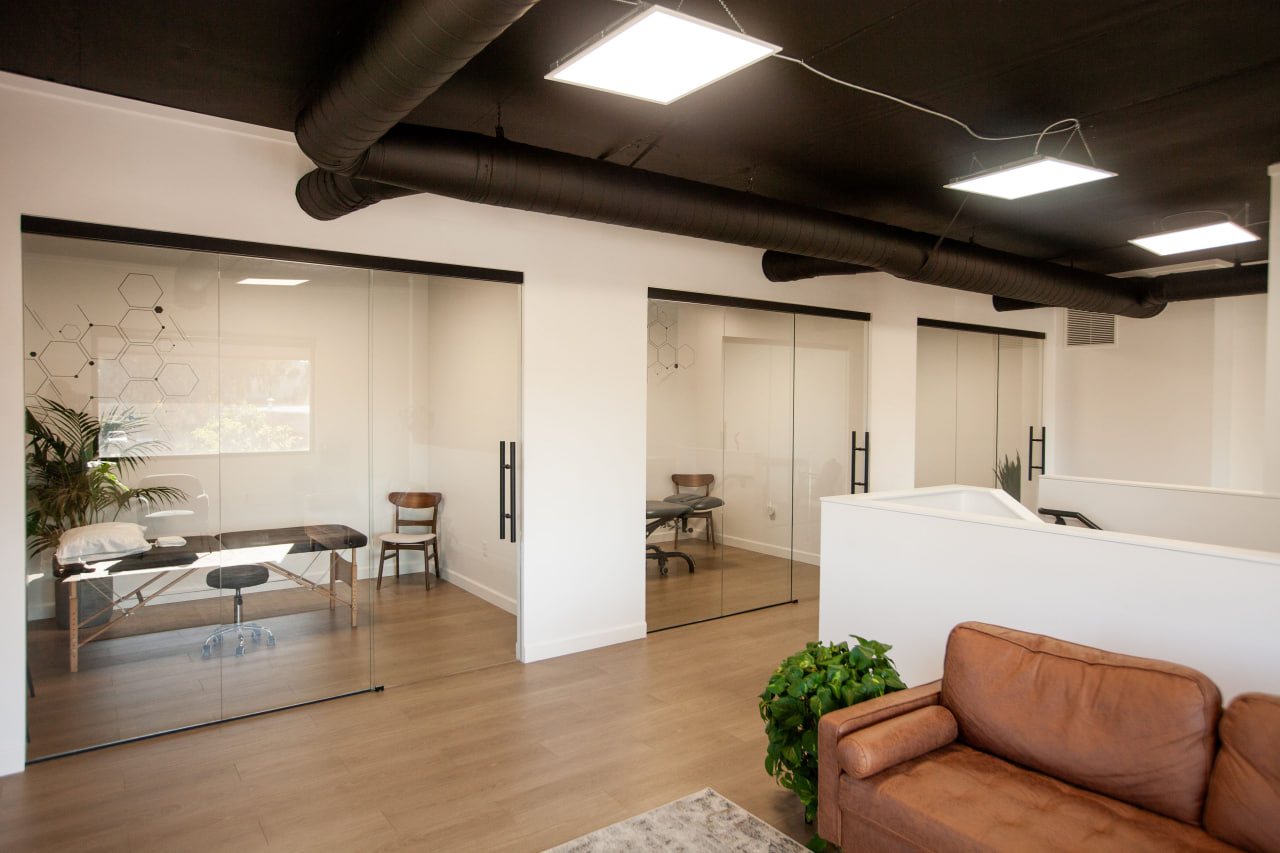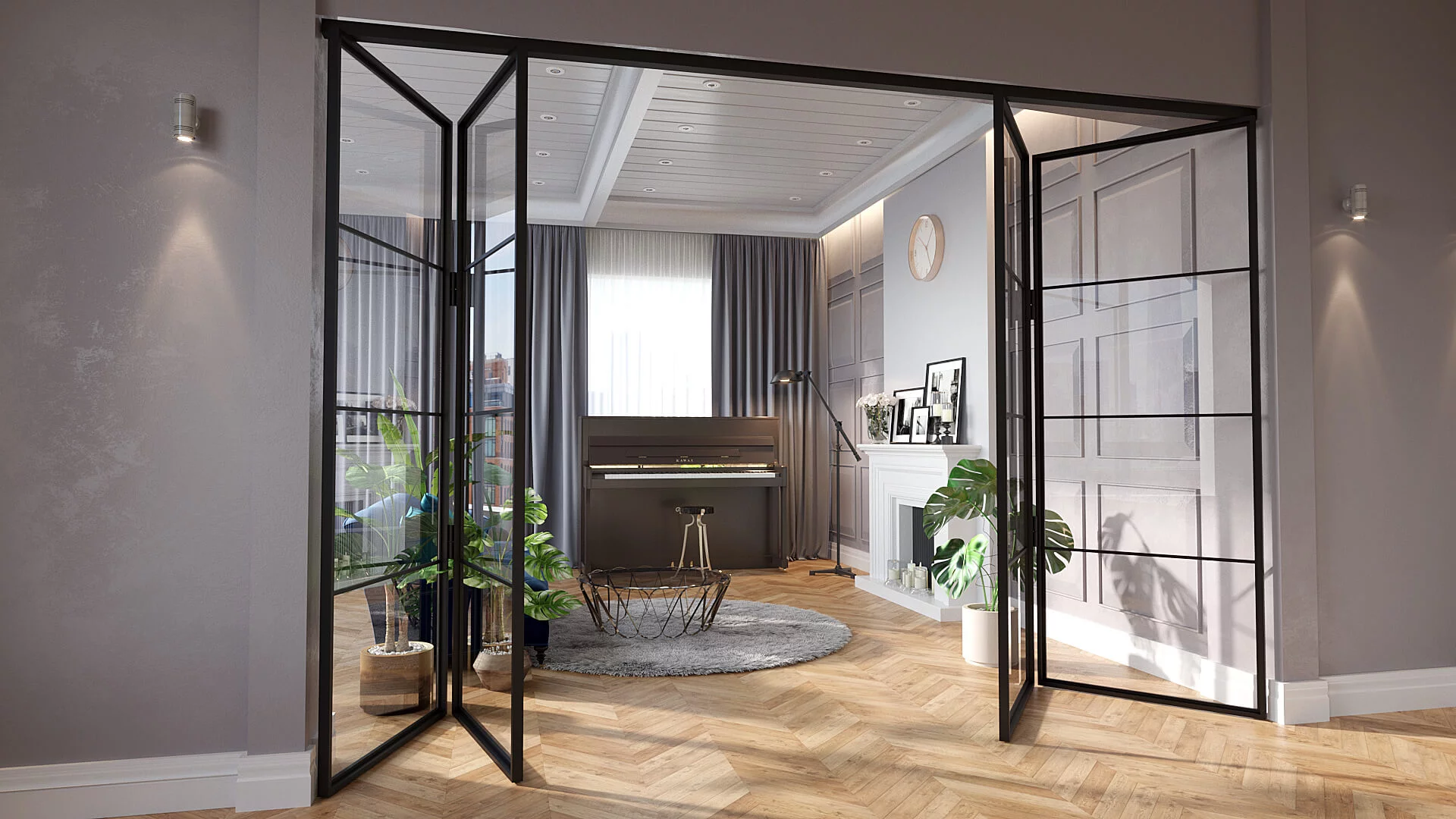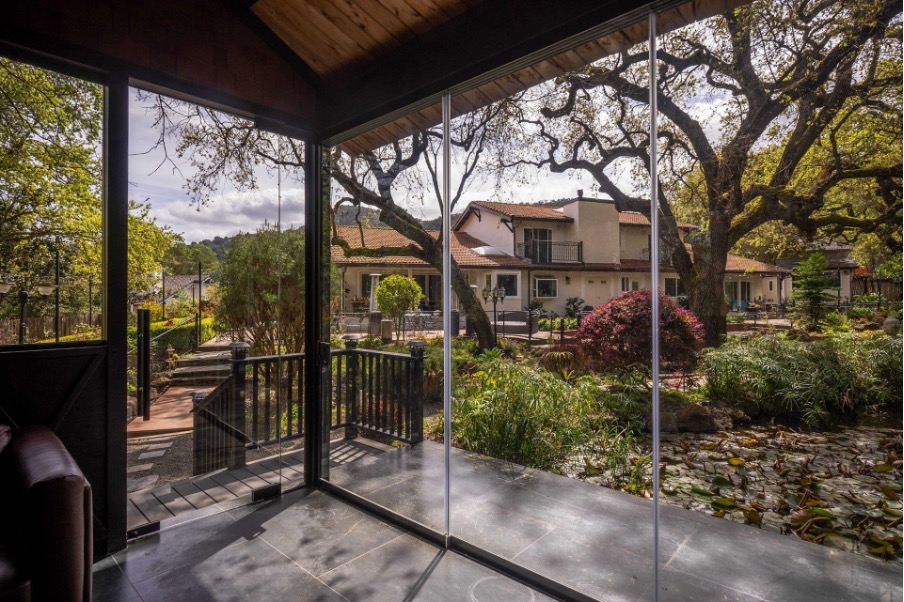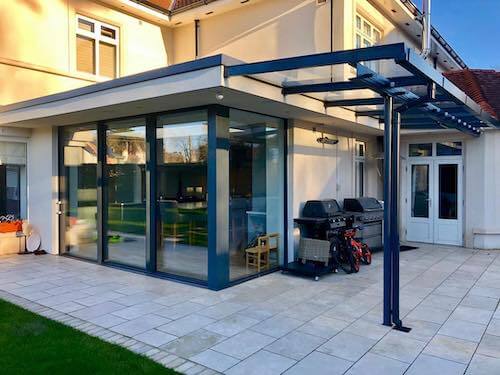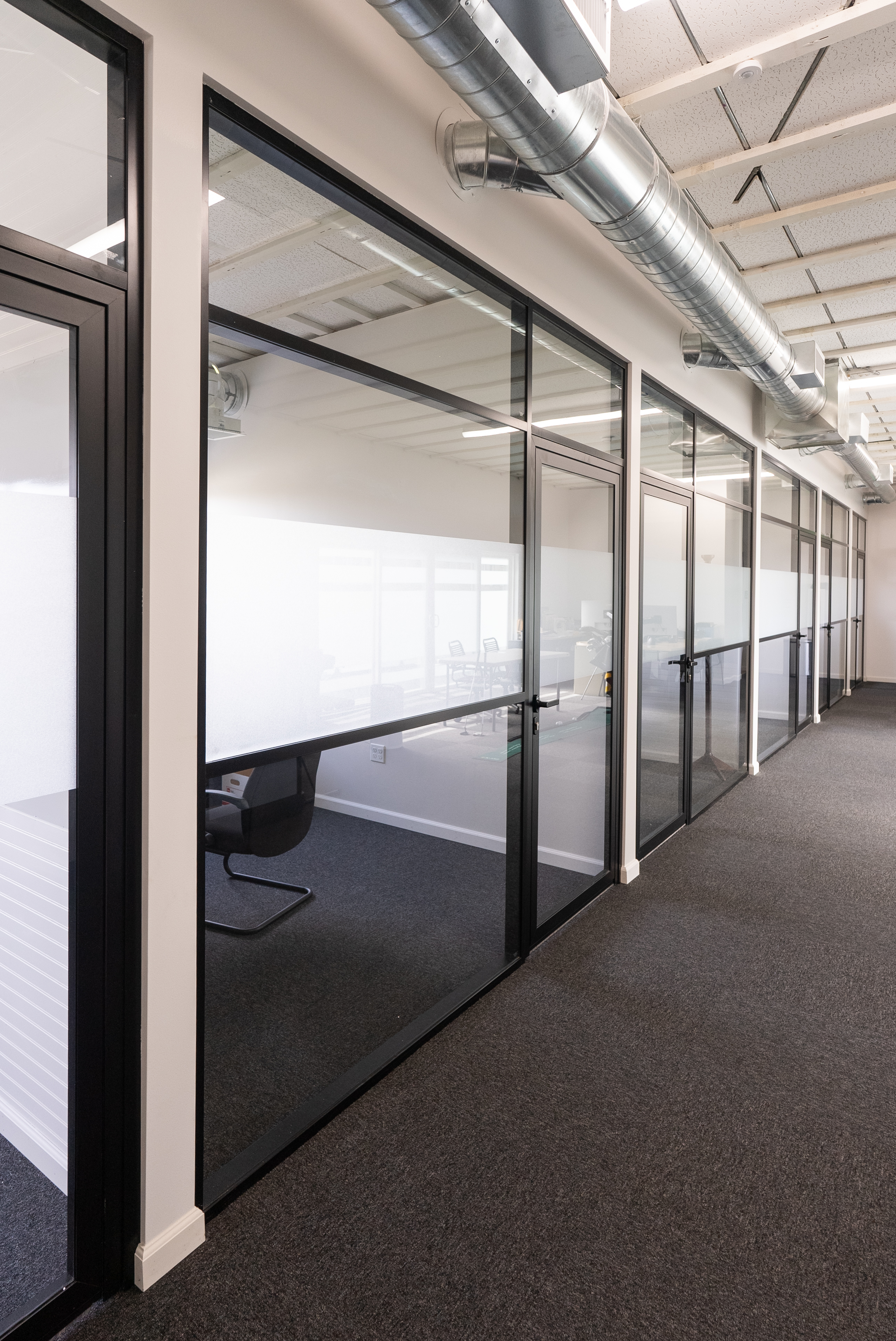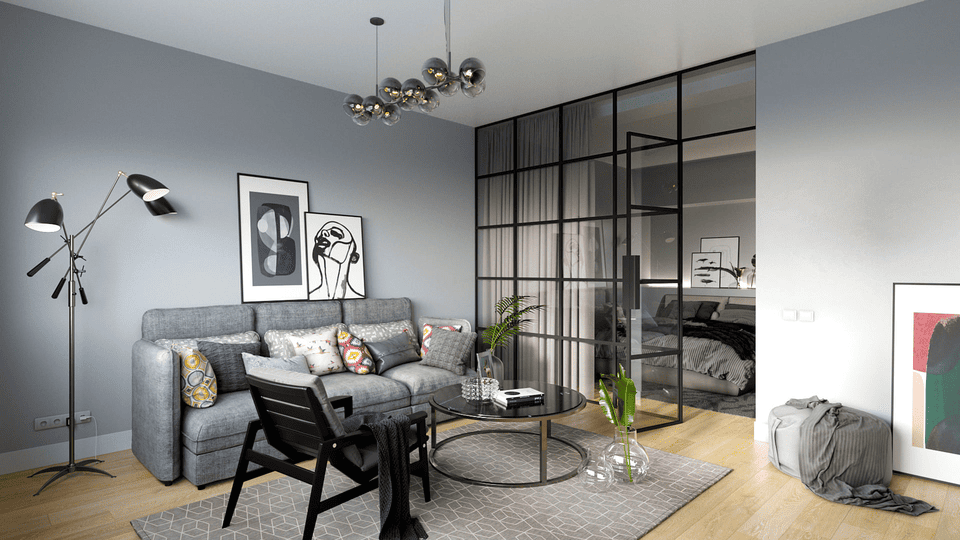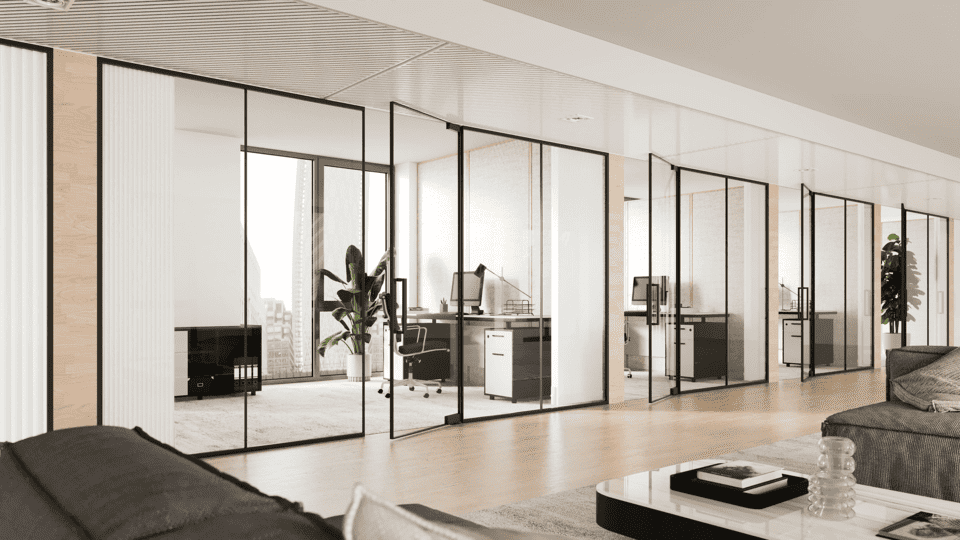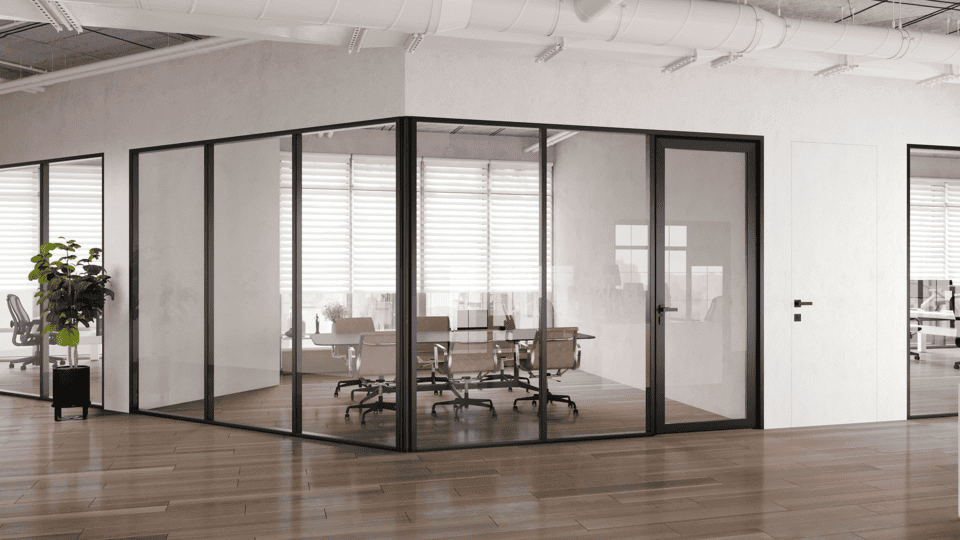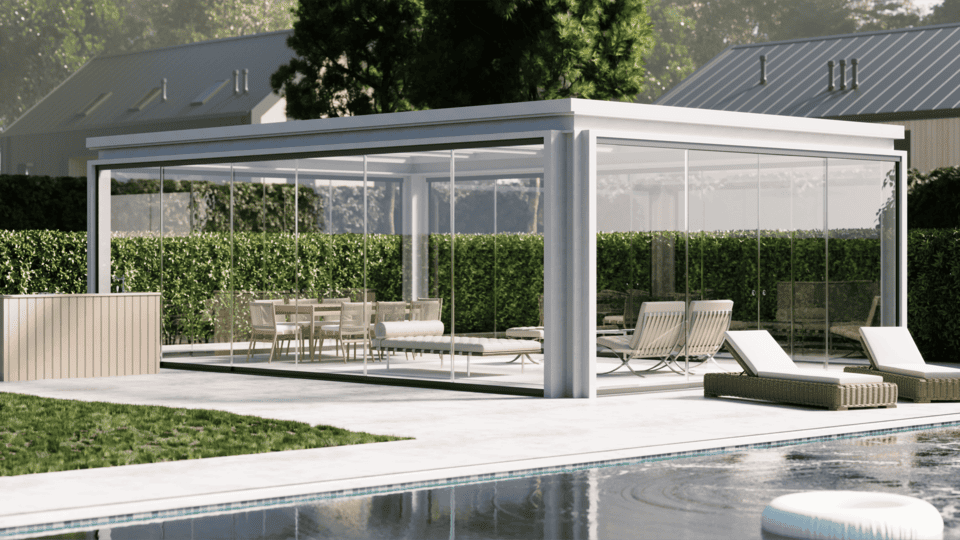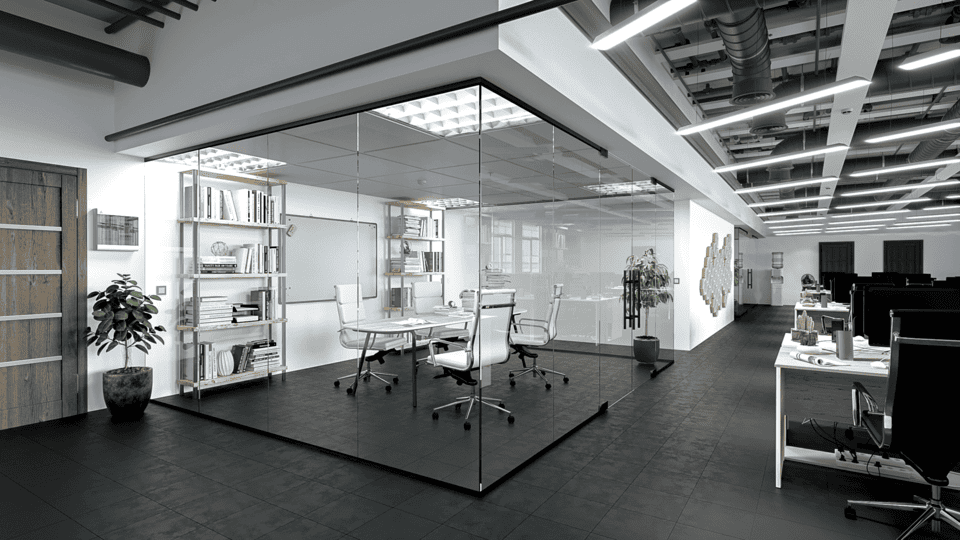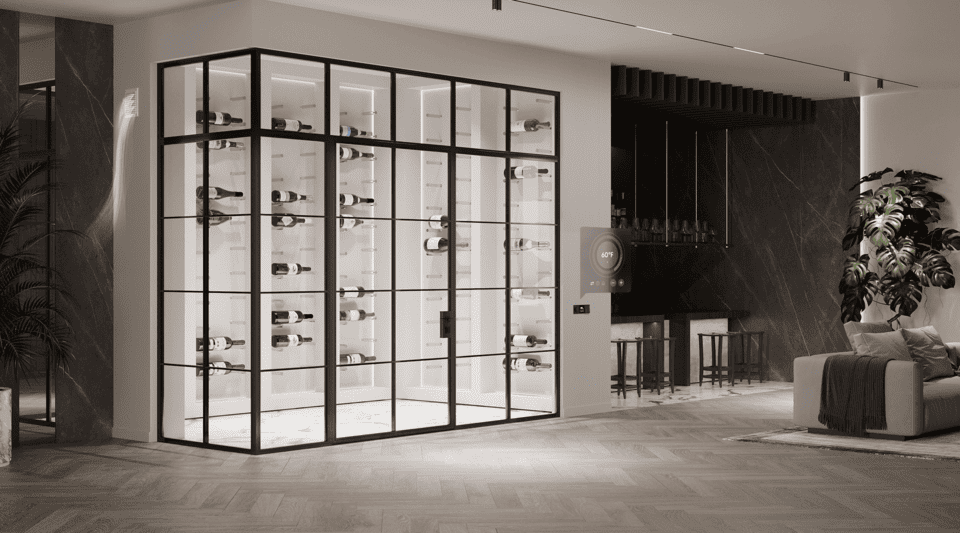Reinventing Sports Facilities: The Irreplaceable Flexibility of Sliding Glass Walls
Imagine entering a gym where sunlight flows through glass walls from floor to ceiling, a pool house where naturally circulating moisture is outside, or an arena where walls can be opened by the touch of a button. The sliding glass wall door has become the defining architectural answer for sports facilities, reinventing the way these buildings operate—visually, operationally, and environmentally.
From large stadiums to indoor basketball halls, sliding glass wall doors and sliding glass wall partitions offer a creative solution to traditional construction challenges. With the rising demand for versatile, energy-saving, and cozy spaces, it's not surprising that architects are using sliding glass wall systems and sliding glass door partitions in both new developments and renovations.
This article explores why the sliding glass wall door is currently a requirement in sports facility architecture.
Main Benefits of Sliding Glass Walls for Sports Centres
Enhanced Natural Lighting and Visibility
Natural light enhances visibility for players, reduces eye strain for spectators, and cuts down on energy costs for any interior. A thoughtfully placed sliding glass wall partition floods indoor spaces with daylight, improving player awareness and the overall viewing experience. With full-wall spans, these glass door partitions eliminate visual clutter and offer unobstructed views of both indoor and outdoor activity.
Enhanced Ventilation and Climate Control
Poor indoor air quality can affect performance, endurance, and safety. Sliding glass wall systems allow natural airflow to enter, significantly reducing the need for mechanical HVAC systems. During hot months, they enable cross-ventilation, while in cooler seasons, insulated glass keeps spaces warm. This is crucial in pool areas or weight rooms, where humidity can otherwise build up rapidly.
Space Optimization and Flexible Layouts
Modern facilities must adapt quickly to different functions. Sliding glass door partitions allow spaces to change from enclosed training rooms to open fields. This flexibility is essential for combining indoor and outdoor fitness programs, expanding spectator zones, or transforming layouts for events. Learn more about frameless sliding systems for flexible installations.
Encouraging Year-Round Usability
Thanks to the thermal performance of modern sliding glass wall door systems, sports facilities can remain functional year-round. Whether it’s rainy seasons, off-peak hours, or late-night training sessions, the insulation properties of sliding glass door partitions and airtight sliding glass wall systems maintain a comfortable indoor environment without excessive energy use. This extends the usability of every space regardless of external conditions.
Applications in Different Types of Sports Facilities
Stadiums and Arenas
Large-scale venues require wide openings for crowd flow and airflow. Frameless sliding glass wall door systems are often used in VIP zones or press areas, combining upscale aesthetics with sound insulation. Many designers turn to Crystalia Glass to source systems with impact-resistant glazing and corrosion-resistant frames.
Gymnasiums and Fitness Centers
In gyms, sliding glass wall partitions enable transitions between private zones and communal areas. Yoga rooms can open toward natural surroundings, and cardio zones can extend to patios using sliding glass door systems, improving spatial perception and well-being.
Pool Enclosures and Aquatic Complexes
Humidity is a constant challenge in aquatic facilities. Installing sliding glass wall doors mitigates moisture buildup and improves visibility. These unique glass designs also elevate the ambiance and comfort of pool environments.
Design Considerations
Durable and Weather-Resistant Materials
Sports facilities require robust materials. Sliding glass wall partition systems should use aluminum, marine-grade steel, and safety glass. The correct panel thickness and hardware ensure resilience in harsh weather or high-traffic environments.
Compliance with Safety Regulations
Bottom tracks, locking mechanisms, and ADA-compliant features are vital. These systems offer security and accessibility for athletes and the public alike. Laminated glass in sliding glass door partitions enhances safety in commercial applications.
Customization and Branding
Many facilities brand their sliding glass wall systems with logos, custom finishes, or privacy technology. Oversized panels and stacking designs provide bold visuals without compromising airflow or flexibility. Learn how to choose the right glass wall system for your space.
Financial Impact and Maintenance
Installation and ROI
The cost of a sliding glass wall door varies by performance and finish. Still, the return on investment is high: improved energy efficiency, rental flexibility, and elevated customer experience drive long-term savings.
Maintenance & Lifespan
Sliding glass door partitions require only basic upkeep: track lubrication, cleaning, and seal inspection. With proper care, they can last 20+ years, even in coastal or humid regions.
Accessibility and Community Use
Sliding glass wall systems enhance accessibility. Urban recreation centers and school gyms benefit from open, inclusive designs. Large, smooth thresholds accommodate strollers, wheelchairs, and walking aids. Automation allows easy opening for people of all abilities.
Real-World Example
A Southern California soccer complex used sliding glass wall doors to open their entire viewing area to shaded patios. This boosted airflow, comfort, and revenue via food vendors and event rentals—proving how sliding glass wall partition solutions deliver measurable value.
Adaptable Design = Better Performance
Modern sports facilities must be adaptable. Frameless sliding glass wall systems let venues react in real-time to changing weather, attendance, or event flow. Whether it’s a quiet training session or a public tournament, sliding glass door partitions help you reshape the space instantly.
